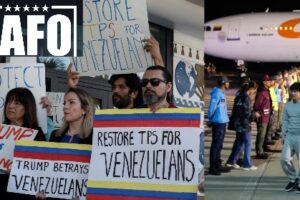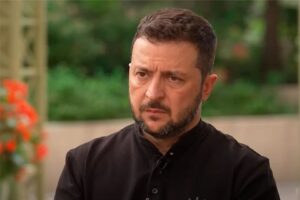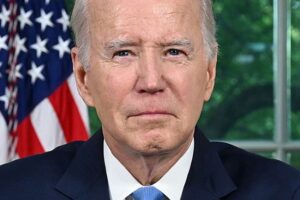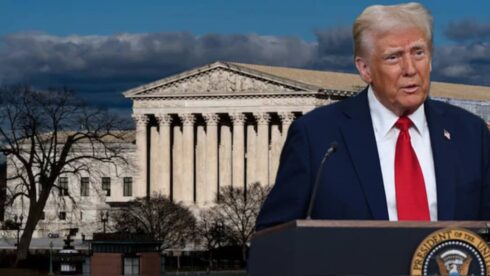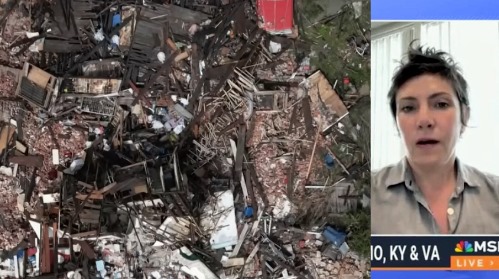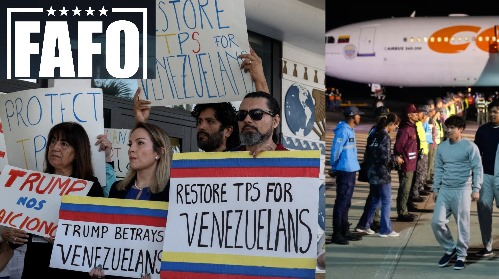In a significant ruling with wide-reaching implications, the United States Supreme Court has allowed the Trump administration to terminate Temporary Protected Status (TPS) for over 350,000 Venezuelan migrants. The high court’s brief, unsigned two-paragraph order granted the administration’s emergency request to lift a nationwide injunction previously imposed by the U.S. District Court for the Northern District of California.
The TPS program had provided work permits and deportation protection for Venezuelans deemed unable to safely return home due to “extraordinary and temporary” conditions. The district court’s hold was seen by advocates as a last line of defense for TPS beneficiaries. However, the Supreme Court’s ruling—issued without explanation and with only Justice Ketanji Brown Jackson dissenting—means that many Venezuelans may now face deportation as early as April 2025.
Tricia McLaughlin, Assistant Secretary for Public Affairs at the Department of Homeland Security (DHS), praised the ruling as “a win for the American people and the safety of our communities.” In contrast, legal representatives for TPS holders decried the decision as one of the largest mass removals of protected migrants in U.S. history.
Trump’s Immigration Agenda Gains Ground at Supreme Court
The ruling is a major victory for former President Donald Trump, who returned to office after the 2024 election and has aggressively pursued a rollback of immigration protections instituted under the Biden administration. The Trump administration argued that continuing TPS protections for Venezuelans was “contrary to the national interest” and accused the California court of improperly undermining executive powers in foreign affairs and immigration.
Solicitor General D. John Sauer, in a filing with the Supreme Court, contended that the district court had “wrested control of the nation’s immigration policy away from the Executive Branch.” The administration’s move marks the first time in TPS statute history that an extension of status has been rescinded by a sitting DHS secretary—Kristi Noem in this case—setting a new precedent.
This is just one in a string of legal battles over Trump’s second-term immigration agenda to reach the nation’s highest court. Most recently, the administration also petitioned the court to eliminate humanitarian parole programs benefiting hundreds of thousands of migrants from countries including Cuba, Haiti, Nicaragua, and Venezuela.
Legal and Humanitarian Concerns Raised by Advocates
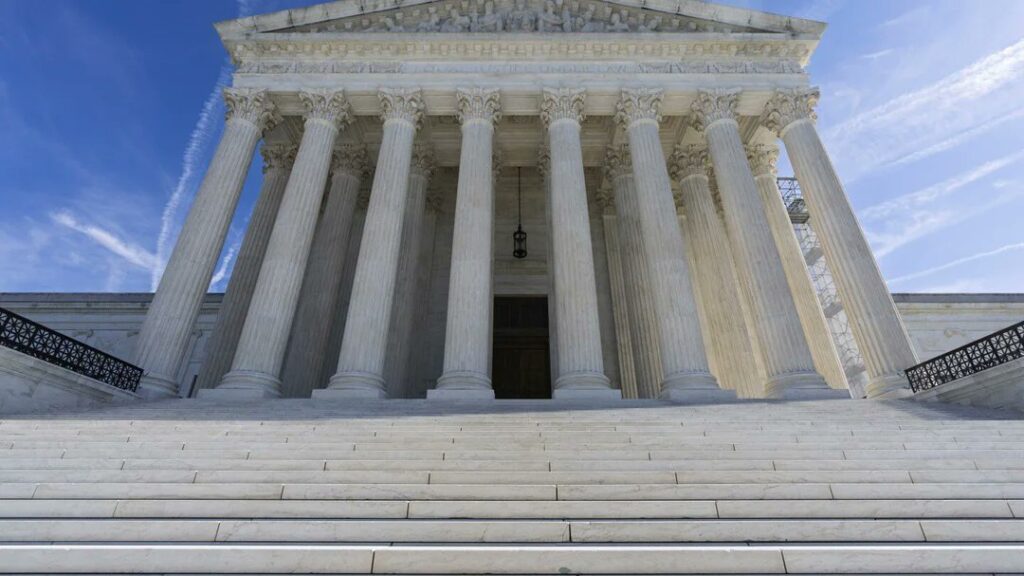
The decision has sparked outrage among immigrant rights groups and legal advocates. Ahilan Arulanantham, a lawyer representing the TPS holders, criticized the Supreme Court for issuing such a consequential ruling without providing any legal reasoning. “That the Supreme Court authorized this action in a two-paragraph order with no reasoning is truly shocking,” Arulanantham told the BBC. “The humanitarian and economic impact will be felt immediately and reverberate for generations.”
Plaintiffs in the lawsuit had argued that revoking TPS would result in mass family separations, economic hardship, and the deportation of individuals to a country the U.S. State Department still considers too dangerous to visit. They also emphasized that Venezuela’s conditions—marked by political instability, economic collapse, and widespread violence—continue to meet the criteria that originally justified TPS protection.
In their response to the Supreme Court, lawyers for the plaintiffs wrote: “Staying the district court’s order would cause far more harm than it would stop. It would radically shift the status quo, stripping plaintiffs of their legal status and requiring them to return to a country the State Department still deems too dangerous even to visit.”
Broader Implications for Other Migrant Communities
While this ruling specifically affects Venezuelans, it may foreshadow similar outcomes for other communities. The Trump administration has also signaled plans to revoke TPS protections for tens of thousands of Haitian migrants, with that termination expected to take effect in August 2025.
The Biden administration had previously extended TPS designations for multiple countries, including Afghanistan, Cameroon, Haiti, and Ukraine, citing dangerous conditions. The decision to end TPS for Venezuelans could therefore be a bellwether for the future of these other humanitarian programs.
The Venezuelan TPS program is the largest in U.S. history, covering nearly 600,000 people under two separate designations. The current Supreme Court case, however, only concerns the second designation, issued by the Biden administration in October 2023 and set to expire in 2026. The Trump administration’s order sought to cut it short by over a year.
A Nation Divided: Political and Public Reactions
The Supreme Court’s ruling underscores the deep divisions in American politics over immigration policy. While Trump supporters have hailed the decision as a restoration of executive authority and a step toward stronger border enforcement, critics argue that it represents a dangerous erosion of humanitarian protections.
Justice Ketanji Brown Jackson, the lone dissenter, did not issue a written opinion but stood in opposition to the majority’s decision. Her dissent follows a growing concern among progressive legal scholars that the court is increasingly willing to defer to the executive branch on immigration issues without rigorous judicial review.
With Trump’s immigration policies now back in full force, legal experts warn that future challenges to long-standing immigration protections may continue to reach the Supreme Court. The fate of hundreds of thousands of immigrants remains uncertain as the administration presses forward with a hardline agenda and legal advocates prepare for what may be a prolonged legal and humanitarian battle.


